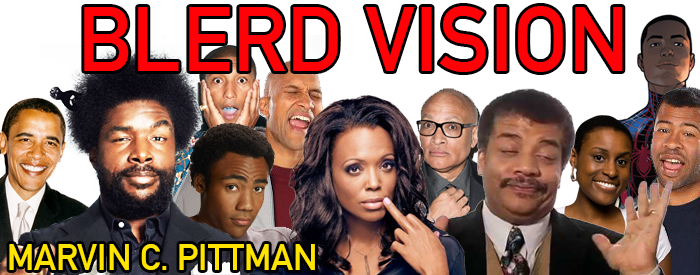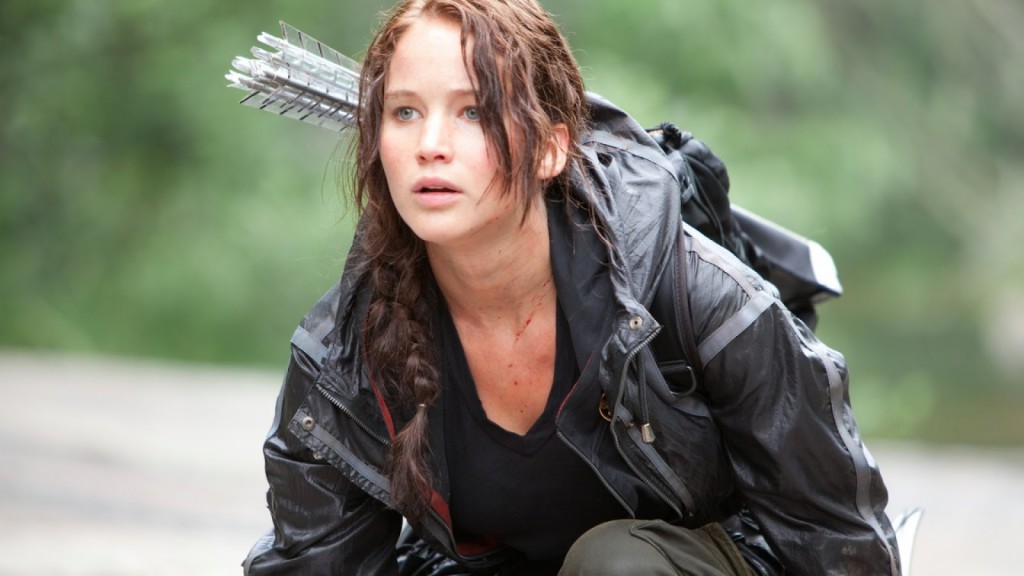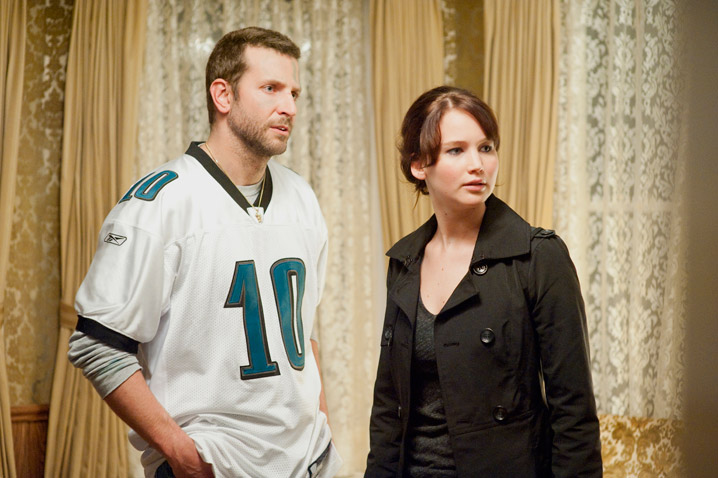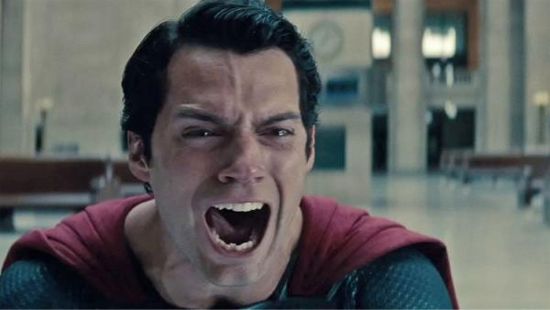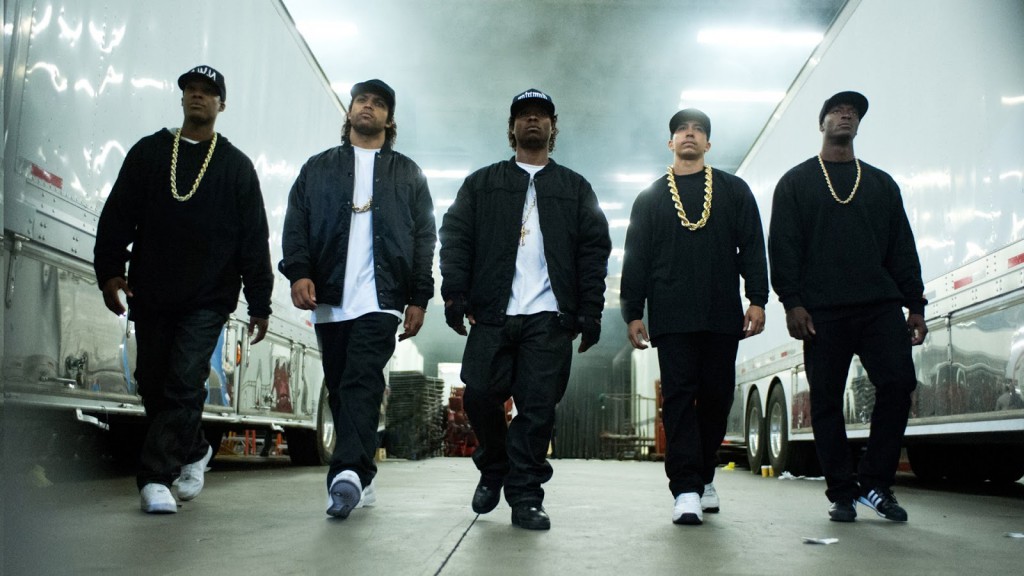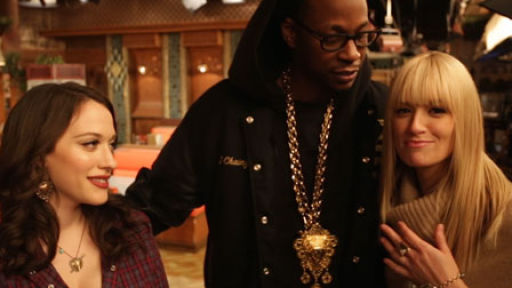Today, I want to talk a bit about pop culture irony.
Not irony in pop culture, which we’ve long had enough of. But ironic aspects of how things turn out in pop culture.
There are some pop culture ironies that you just learn to accept.
Sometimes you root for the bad guy in a TV show or a movie. We generally consider war to be a bad thing in real life, but we also cheer for a just war both in real life and in fantasy. We laugh at kids saying flippant mess in TV that our parents would have murdered us for.
I’m hoping to explain something a little more specific than those sort of ironies that comes with enjoying a fantasy world and not necessarily needing that to become real.
Take a thought-walk with me…
OK, look. I like J.Law. You like J.Law. It’s tough not to like her. Many people love Lawrence: she’s pretty, brash, apparently down-to-earth, and a damn good actress. Also, she’s Katniss Everdeen. Katniss the Redeemer.
Lawrence has been vocal in criticizing sexism in the entertainment industry such as lower pay for actresses and double standards in roles for women. The way she downplays her own prettiness works as a counter-narrative on prevailing beauty standards.
She’s to be lauded for her comments after that malicious, criminal, iPhone hack last year. And she’s such good friends with pop-feminist-of-the-moment Amy Schumer than they’re writing a movie together – a movie I most likely will go see.
I also think there’s an irony in how the virtues for which Lawrence is praised are things that draw ridicule in movies. People joke about the romantic comedy trope of the clumsy heroine as a gambit to make this super-gorgeous movie star appear more approachable and relatable. Lawrence trips over herself at award shows, and she’s more likable because people in real life trip over themselves sometimes.
Lawrence cheers about actresses taking on a wider range of roles, and that’s to be applauded. Yet in a Hollywood that continues to pair older male actors with much younger female actors, Lawrence has benefited from that greatly.
She’s not the only one, of course, and it’s not her fault.
Lawrence, now age 25, is 15 years younger than Silver Linings Playbook co-star/love interest Bradley Cooper. Lawrence’s character felt like she could have been portrayed by an actress at least 10 years older, especially standing next to Cooper. David O. Russell struck again with American Hustle, in which he cast Lawrence as the wife of Christian Bale’s character despite being 16 years younger.
People complain about female characters frequently written only in relation to the male characters. Lawrence, as Mystique, has spent two X-Men reboot films fought over and torn between two men, Professor X and Magneto, when the original X-wave depicted Mystique as a femme fatale aligned with Magneto but also doing her own thing (and played by Rebecca Romijn, who started at 27).
There’s no doubt that Forbes’ lists of top paid actors and actresses showed several institutional problems regarding who gets paid what and why. Male actors earn a lot more, which is whatever when you look at franchises and such. But male stars get to earn more because they have more roles to play and are on more big movies as main characters, allowing them to command higher salaries alongside bigger careers.
Lawrence deserves every dollar of the $52 million she got this past year, and she likely deserves something closer to Robert Downey Jr.’s top haul of $80 million. We also can understand how Lawrence plays and benefits largely from that same game that still treats her less equally.
Superman
We really don’t know what we want from Superman, other than to save us.
I’ve spent 30-plus years now watching Superman-related property damage and widespread Metropolis destruction as he takes on his latest supervillain threat. In the cartoons, the production team jokes that the buildings are empty when a high-rise crumbles into dust after Superman is thrown into it.
Remember when Kal-El fought General Zod and two other Kryptonian super-criminals in Superman II? Pretty tame fight in downtown Metropolis, by pretty much any measure. By the time new director Richard Lester thoroughly asserted himself into the picture, Supes and Lois Lane depower Zod & Co., and throw them into icy cravasses at the Fortress of Solitude.
By the time we get to Man of Steel, we get outcry when blocks and blocks of Metropolis get torn apart by a batallion of Kryptonian war criminals, and when Superman’s barroom brawl with Zod for looking exactly the way that fight likely would. The cartoon and comic book gets a ho-hum, but the live-action movie gets Mark Waid screaming no in a movie theater.
We don’t know what we want Superman to do.
‘Safe’ hardcore rappers
We live in a time when Straight Outta Compton, an official cinematic haigiography of gangsta rap group N.W.A., sits atop the box office.
To be honest, I didn’t think I’d see this day. I grew up in a time when rap, especially gangsta rap, was seen as the most dangerous stuff on the planet. I saw 2 Live Crew turned into a First Amendment issue thanks to Tipper Gore, congressional hearings over violent rap lyrics, and FOX News get Ludacris kicked off a Pepsi commercial.
Now look: started from the bottom, now we’re here.
So it’s still funny to see who gets to enter the wider world of entertainment, becoming safe to the mass public, and who doesn’t. Who sits on one side with Ice Cube, Snoop Dogg and Jay Z, and who sits on the other side of the fence.
I’m not talking about rappers who were already pop friendly. It makes total sense that Puff Daddy, Will “formerly The Fresh Prince” Smith, LL Cool J and Queen Latifah would jump into wider entertainment as they established their careers and jumped into acting. They followed in the fun territory staked out by The Fat Boys and Run-DMC that eschewed ghetto danger.
Puffy created a new pinnacle of putting rap into the pop mainstream, Smith had kid-friendly language and charm. LL Cool J was suave with even sexier round-the-way charm.
Queen Latifah’s empowering messages, which put her at odds with hip-hop misogyny, bought her even more cred in wider society, especially in the post-N.W.A. gangsta boom that include Tupac and Biggie Smalls.
Throw in the racial angle, and it gets weirder. So much of hip-hop trades on the danger of the streets, the culture of drugs and violence, and so on – whether via documentation or murder-ballad fantasy. It’s music rooted in the black underclass, still tied to America’s top specter, black criminality.
In an American society where that association of blacks with crime, and fear of black criminality, is so strong that it filters into our policing, our social policies, our government, our business sectors, a music and a culture born from it overtook rock and roll as the nation’s top folk music.
Like pornography in a sexually repressed culture, much of mainstream rap flourishes in sex, drugs and nihilism, with white people the majority of the buying audience, while white people continue to fear blackness as a whole.
It’s the same society that, like Miley Cyrus, puts extension braids on its hair and parades around with Tyga, but gets shook when Nicki Minaj interrupts the party and demands an answer after receiving the racial equivalent of a man telling a woman to smile more.
So it’s still confounding to me to watch these particular reformed hoodlums make good.
How can I explain that Snoop Dogg, former drug dealer, alleged murderer and pornographer, is considered so harmless that he can sell pretty much anything?
How else can I explain that Ice-T, the man who wrote “Cop Killer,” is more known for playing a police detective on TV? Listen to his podcast, and he’s still that dude who’s an avowed player in the pimp scene.
How did Ice Cube, one of the scariest-sounding men alive, end up making family-friendly comedies?
On one hand, it’s pretty amazing. On the other, this world is strange sometimes.




































































































